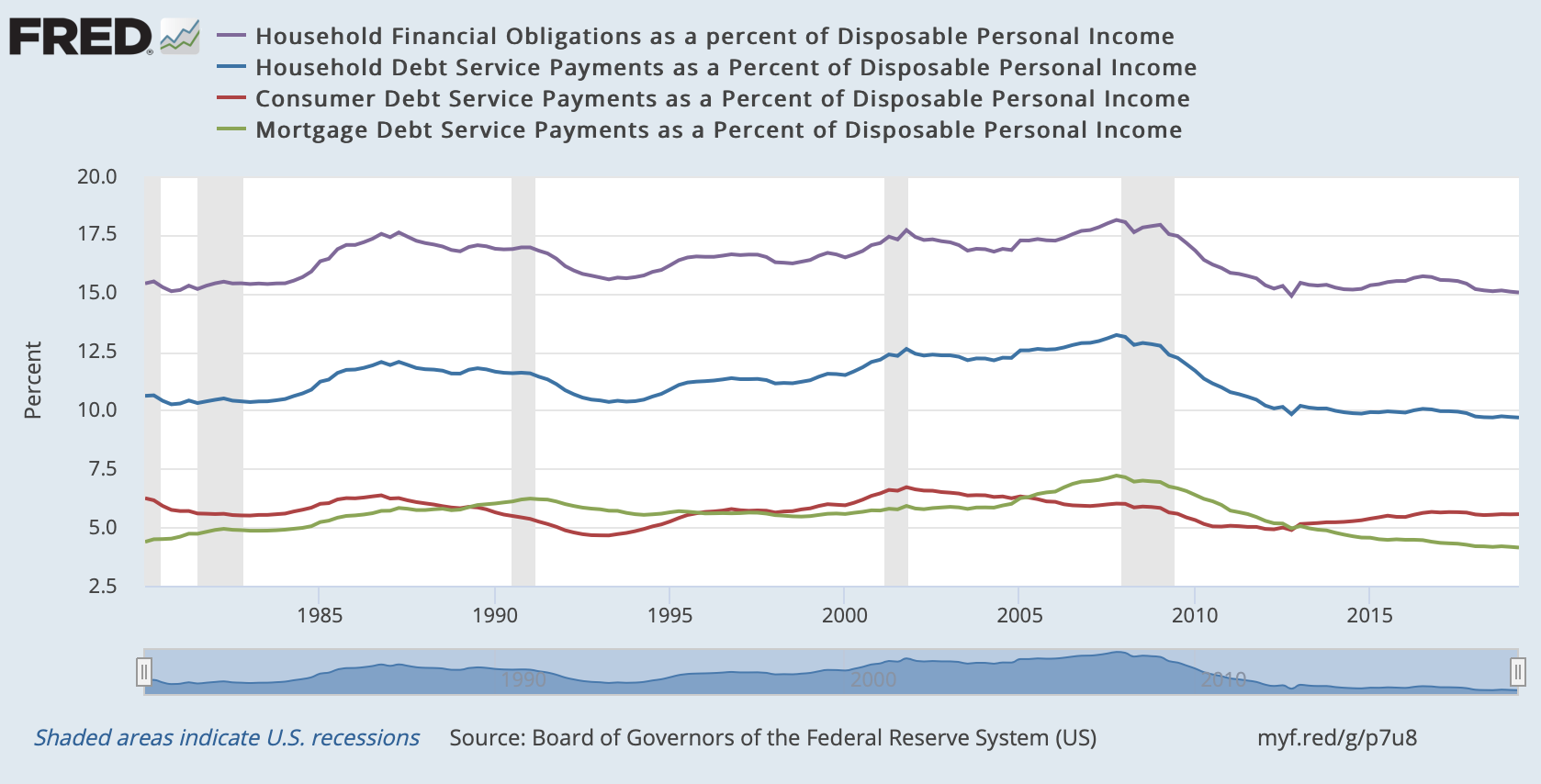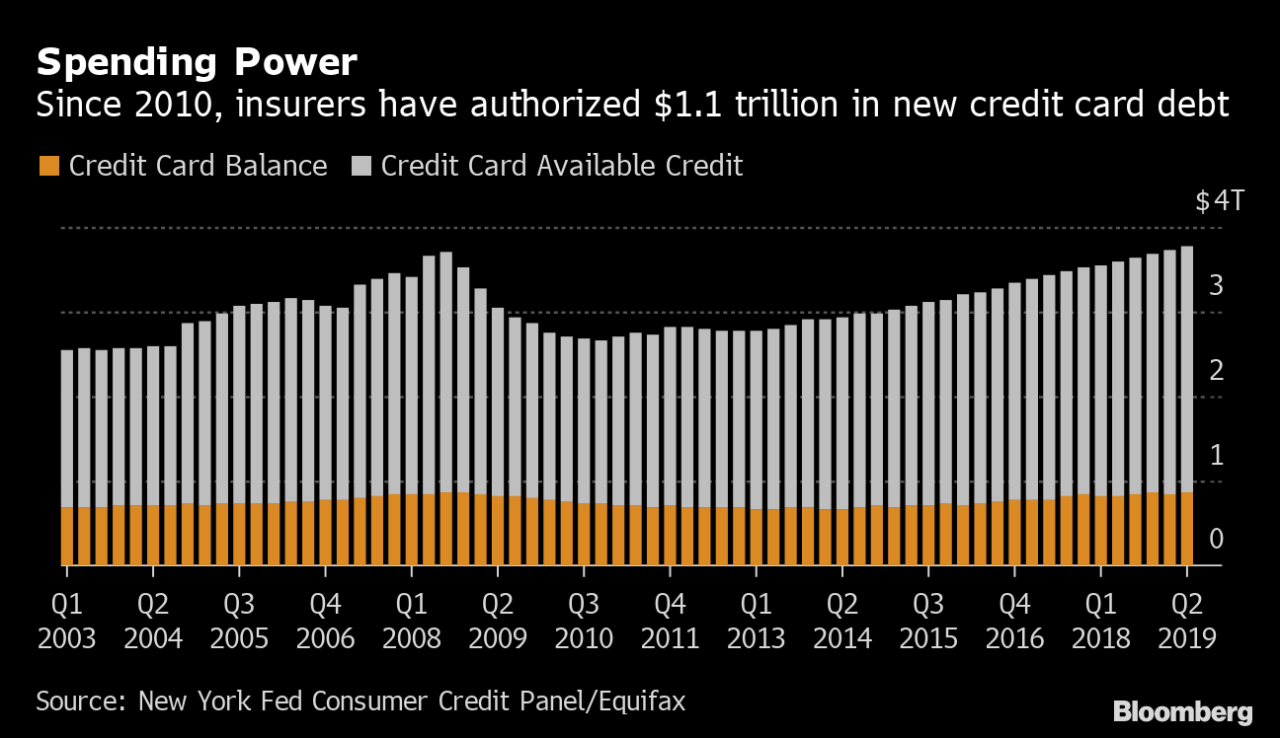Monday, October 21, 2019
Please note that in order to view the content for the
Bankruptcy Headlines
please
log in
if you are already an ABI member, or otherwise you may
Become an ABI Member
Wednesday, October 16, 2019
Please note that in order to view the content for the
Bankruptcy Headlines
please
log in
if you are already an ABI member, or otherwise you may
Become an ABI Member
Tuesday, October 15, 2019
Please note that in order to view the content for the
Bankruptcy Headlines
please
log in
if you are already an ABI member, or otherwise you may
Become an ABI Member
To establish additional protections and disclosures for students and cosigners with respect to student loans, and for other purposes.
Wednesday, July 31, 2019
To improve Federal student loan disclosures, and for other purposes.
Friday, August 16, 2019



